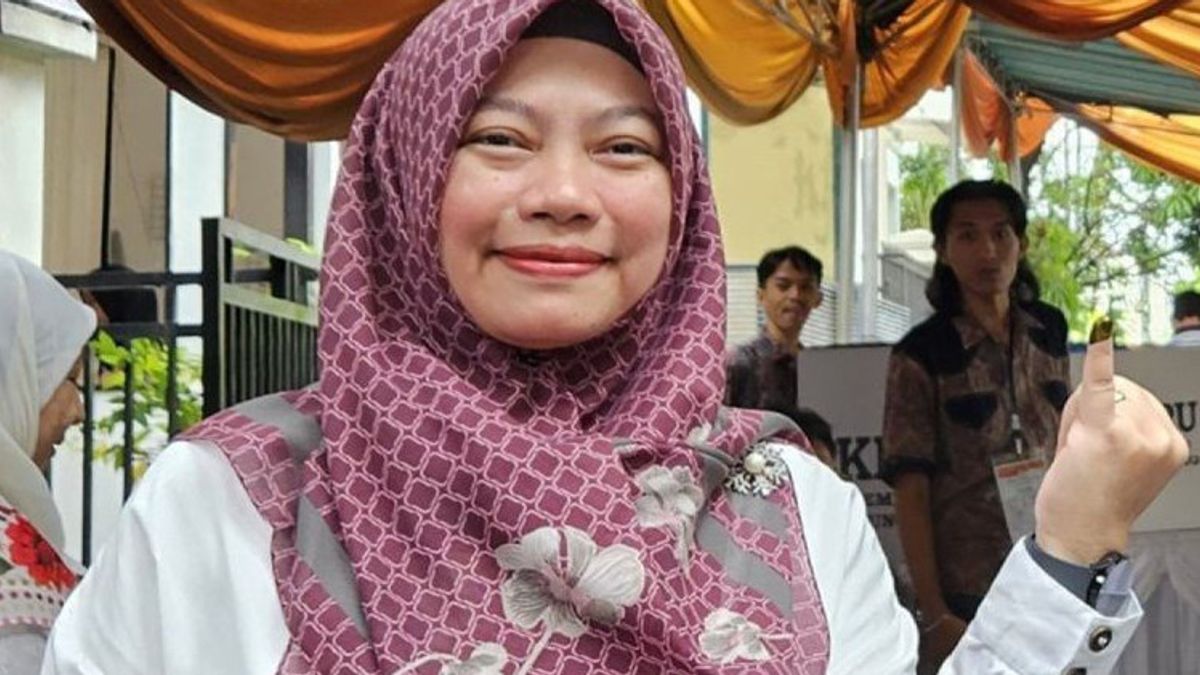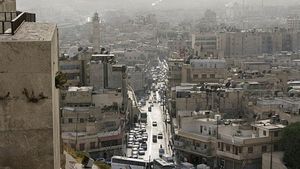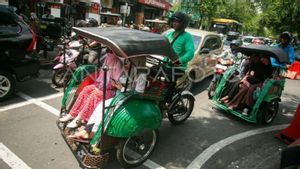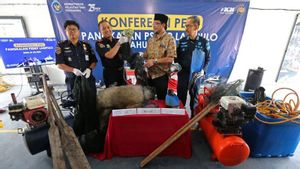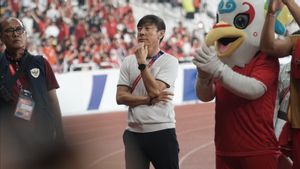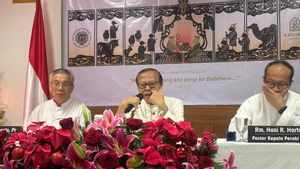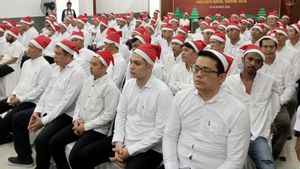JAKARTA - Election Law expert from the Faculty of Law, University of Indonesia Titi Anggraini said the Constitutional Court provided room for participation for civil society to oversee elections and regional elections, through judicial reviews, in order to ensure a democratic legal framework.
"The Court provides new space for civil society participation to oversee elections and regional elections, not only guarding D day, but from the start," Titi said in a webinar entitled "The Role of Civil Society in Creating Honest and Fair Pilkada which was followed online from Jakarta," quoted from Antara, Saturday, October 5.
When the electoral law turns out to be against constitutional principles, civil society can take steps to fight for fair regulations and guarantee democratic election practices to the Constitutional Court.
In this case, Titi gave an example of the impact of the Constitutional Court Decision Number 60/PUU-XXII/2024. According to him, the decision changed the local political configuration because the Constitutional Court lowered the threshold for nominating regional heads, so that there were regions that were canceled with a single candidate in the 2024 Pilkada.
"With the presence of the Constitutional Court, the role of civil society has become much bigger, even how civil society has since its upstream guarding so that the framework of election law, both laws and technical regulations, is truly democratic and is able to present honest, fair and free competitions," he said.
Titi said, the Constitutional Court with its judicial review role had a big role in establishing democratic electoral laws. However, he did not deny that there was a controversial Constitutional Court decision, such as the age requirements for presidential and deputy candidates in Decision Number 90/PUU-XXI/2023.
Furthermore, Titi explained, elections or regional elections are a series of processes that do not immediately arrive at voting day. There are at least three levels of the electoral process, namely the regularization (making of the rules of the game), the rule application (application of the rules that have been made), and the rule administration (problem solving).
A series of these processes need to be guarded in order to ensure the creation of direct, general, free, secret, honest and fair elections. Civil society, he said, has an important role in overseeing the entire process.
"Our concern must go beyond the ballot booth. Our concern must go beyond the levy and count. We must also make sure the whole series," said Titi.
On the other hand, he also said, the ideals of Indonesia Gold will only be realized through an anti-corruption government. The anti-corruption government can be realized if the election takes place without cheating.
SEE ALSO:
"The government, which was formed from a clean election, will never be realized if the civil society is not dynamic and cannot participate meaningfully," he also said.
In the webinar, which was attended by the students of the Faculty of Law, Titi said that legal activism does not have to wait for someone to become a law graduate. Legal activism, he added, can be started when a sense of justice is moved by a rule that is against the constitution.
"The justice must be fought for. The free and fair elections cannot be awaited in the ballot booth," he said.
The English, Chinese, Japanese, Arabic, and French versions are automatically generated by the AI. So there may still be inaccuracies in translating, please always see Indonesian as our main language. (system supported by DigitalSiber.id)
